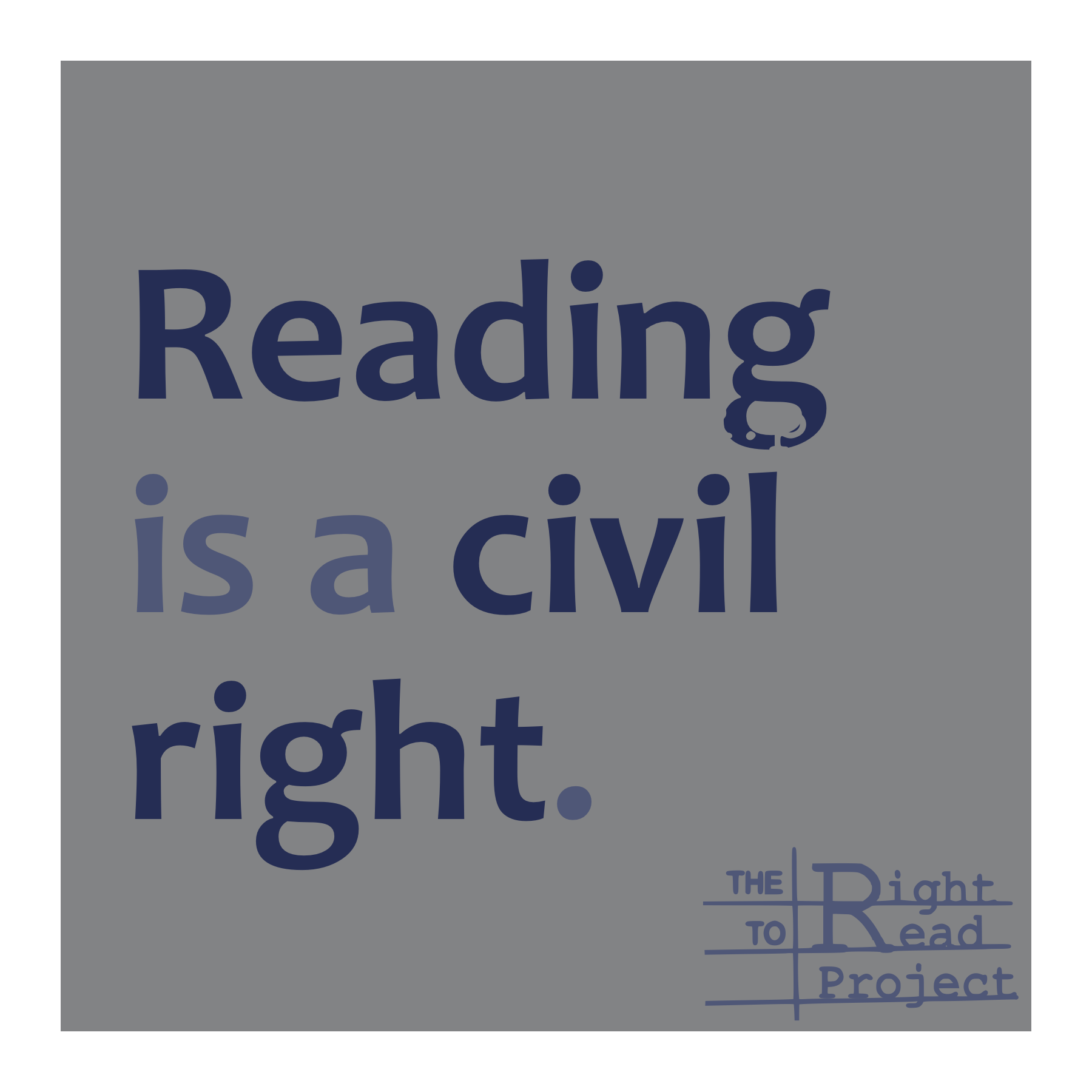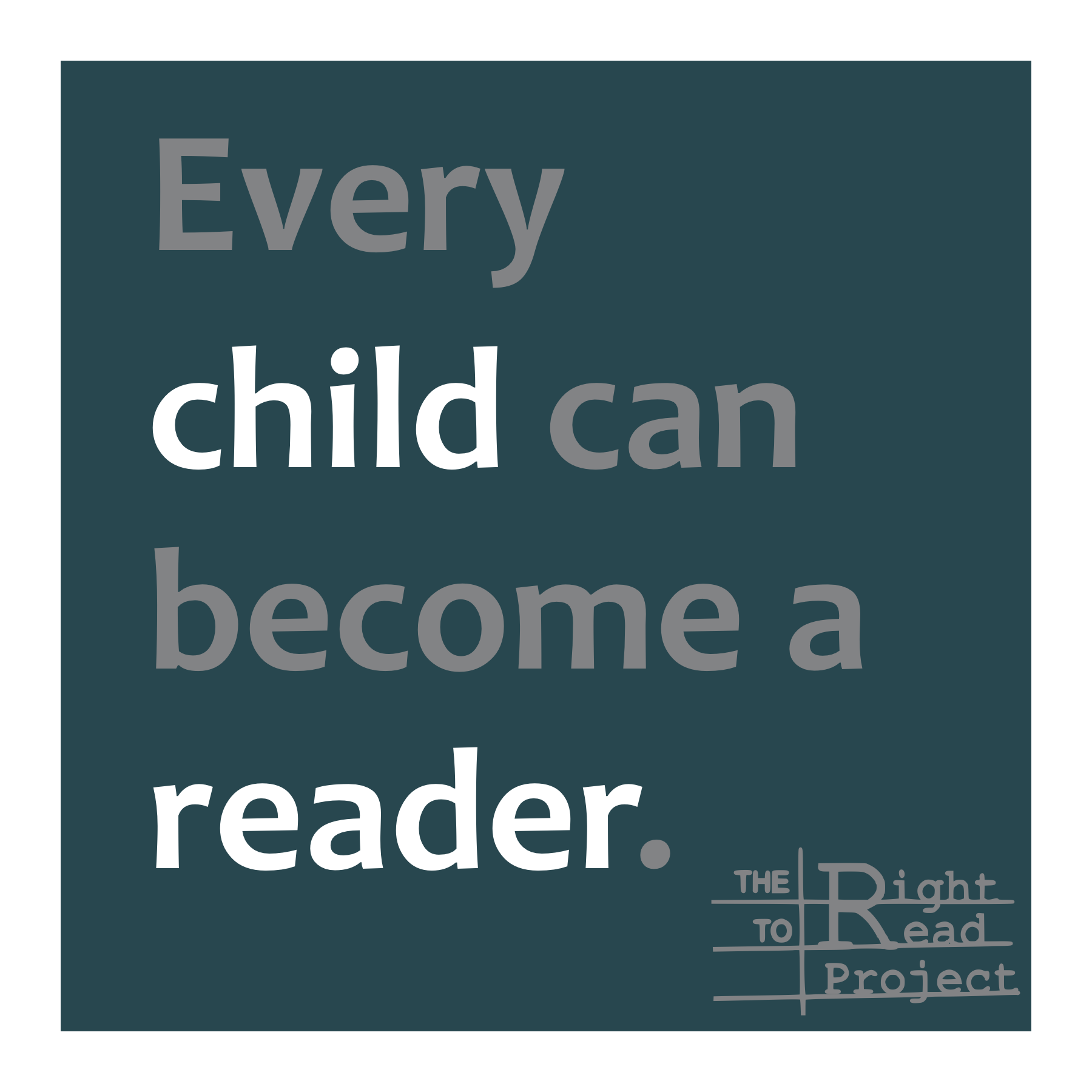As discussion of Emily Hanford’s new podcast builds, teachers are questioning stories we were sold by people we trusted. For some teachers, this is the first time they’ve doubted instructional materials that are ubiquitous in elementary and reading intervention classrooms. When we question the tenets of Balanced Literacy, teachers can unearth a trove of information. But how to make sense of it all? As researchers Stanovich and Stanovich explain: The
Every Child Is Unique… and Every Child Has to Learn the Same Skills
Heartfelt thanks to Dr. Maryanne Wolf for adding her thoughts this piece More the same than different Many of us assume that, because each child is a unique human being, every child learns to read in a different way. This widespread misconception causes unnecessary difficulty for teachers and for our students. “It is simply not true that there are hundreds of ways to learn to read… when it comes to
Reading Behaviors ≠ Reading
When I became a reading interventionist, my first graders taught me that Guided Reading isn’t as effective as I had once believed. Initially, my attention was on my readers’ “strengths.” Mistakes in reading were not problems but rather “miscues,” windows into my students’ minds and reassurance that they needed me for guidance as they read. But as I observed my students, I noticed them develop misunderstandings about reading. Reading Is
Shame is no rallying cry
Teacher guilt is a compelling topic and it’s found its way into Emily Hanford’s reporting more than once. In Hard Words: After learning about the reading science, these teachers were full of regret. “I feel horrible guilt,” said Ibarra, who’s been a teacher for 15 years. “I thought, ‘All these years, all these students,’” said Bosak, who’s been teaching for 26 years. To help assuage that guilt, the Bethlehem school
Why is my union campaigning to gut teacher prep?
I’ve been one of California Teacher Association’s 325,000 members for the past 13 years and I have appreciated its protection and passionate advocacy. Nationwide, advocacy groups are pushing to better prepare teachers and to support us in delivering effective reading instruction, so I was shocked to see that my union is doing the opposite. CTA and other unions (CCSESA, CFT, Public Advocates, CABE, CABTE, ACSA) support SB-614, which strikes from
Open Letter: lives depend on literacy; lives depend on us
Teachers are lauded for our martyrdom- “other professions make money, but teachers make a difference”- and frequently bashed , so rarely will we publicly voice our self-doubt. When we’re driving home after a hard day or lying awake at night, we may think about students who struggled. Despite (or perhaps because of) our tireless efforts, we wonder, years after they leave us, “Was there something more I could have done?”









